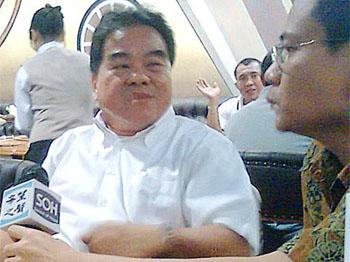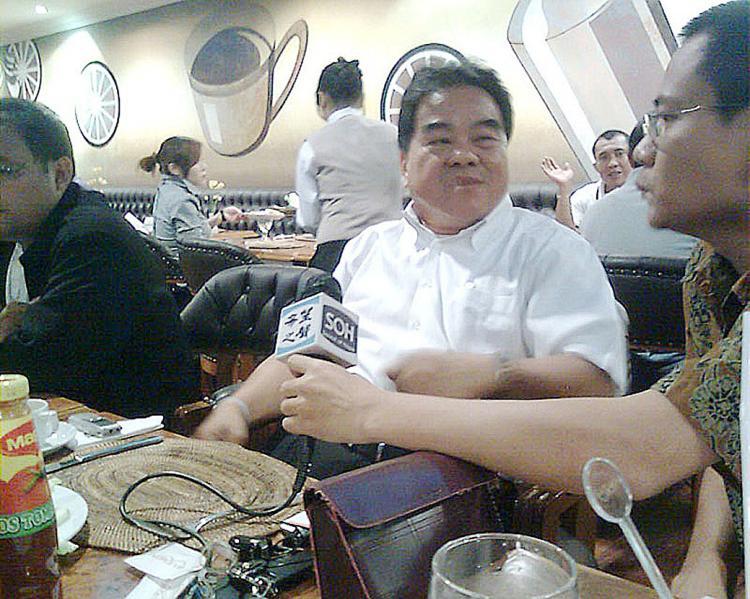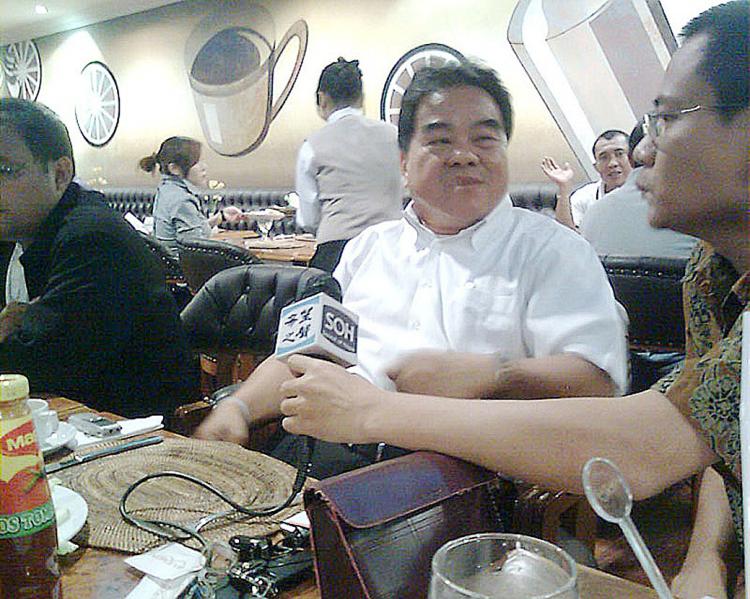The recently implemented ASEAN-China free trade agreement (FTA) was seen as inevitable in the Asian region, but many South Asian nations believe that the agreement would hurt their local economies more than it would help.
ASEAN, or the Association of Southeast Asian Nations, includes Indonesia, Malaysia, the Philippines, Singapore, and Thailand.
The free trade agreement between China and six ASEAN countries was seen as the biggest free trade agreement ever, as 90 percent of China and ASEAN products will enjoy zero tax.
The ASEAN-China agreement spans seven nations with a population totaling 1.7 billion, but experts believe that while all nations should benefit, China would stand to reap the largest benefit. There would be no import tax for most Chinese-made products, which would enable Chinese products to further dominate the Asian market.
According to economist Latif Adams from Lembaga Ilmu Pengetahuan Indonesia (The Indonesian Institute of Science), implementation of the ASEAN-China FTA will threaten domestics industries for several nations. He remarked that Indonesia’s domestic producers are not yet ready to face the effects of the FTA. Although an agreement was expected in 2001, up to now the government has not done anything to prepare its native industries.
“The business sector needs a strong leader, which is the government. Only the government knows where this country will head to,” Jamin Hidayat, chairman of Employers Association of Indonesia said.
According to Hidayat, “The industry and trade sector has to know the superiority of its products. Regarding the FTA, we have to survive … The FTA should bring prosperity to its members, not kill its members.”
“What we need to do now, is for ASEAN to sit together. The FTA can be our bargaining chip, we have to know what our strong points are,” he said.
Currently, Chinese products have flooded the market due to their cheaper price. When the FTA is underway, Chinese-made imports could drive local businesses into bankruptcy.
ASEAN, or the Association of Southeast Asian Nations, includes Indonesia, Malaysia, the Philippines, Singapore, and Thailand.
The free trade agreement between China and six ASEAN countries was seen as the biggest free trade agreement ever, as 90 percent of China and ASEAN products will enjoy zero tax.
The ASEAN-China agreement spans seven nations with a population totaling 1.7 billion, but experts believe that while all nations should benefit, China would stand to reap the largest benefit. There would be no import tax for most Chinese-made products, which would enable Chinese products to further dominate the Asian market.
According to economist Latif Adams from Lembaga Ilmu Pengetahuan Indonesia (The Indonesian Institute of Science), implementation of the ASEAN-China FTA will threaten domestics industries for several nations. He remarked that Indonesia’s domestic producers are not yet ready to face the effects of the FTA. Although an agreement was expected in 2001, up to now the government has not done anything to prepare its native industries.
“The business sector needs a strong leader, which is the government. Only the government knows where this country will head to,” Jamin Hidayat, chairman of Employers Association of Indonesia said.
According to Hidayat, “The industry and trade sector has to know the superiority of its products. Regarding the FTA, we have to survive … The FTA should bring prosperity to its members, not kill its members.”
“What we need to do now, is for ASEAN to sit together. The FTA can be our bargaining chip, we have to know what our strong points are,” he said.
Currently, Chinese products have flooded the market due to their cheaper price. When the FTA is underway, Chinese-made imports could drive local businesses into bankruptcy.


